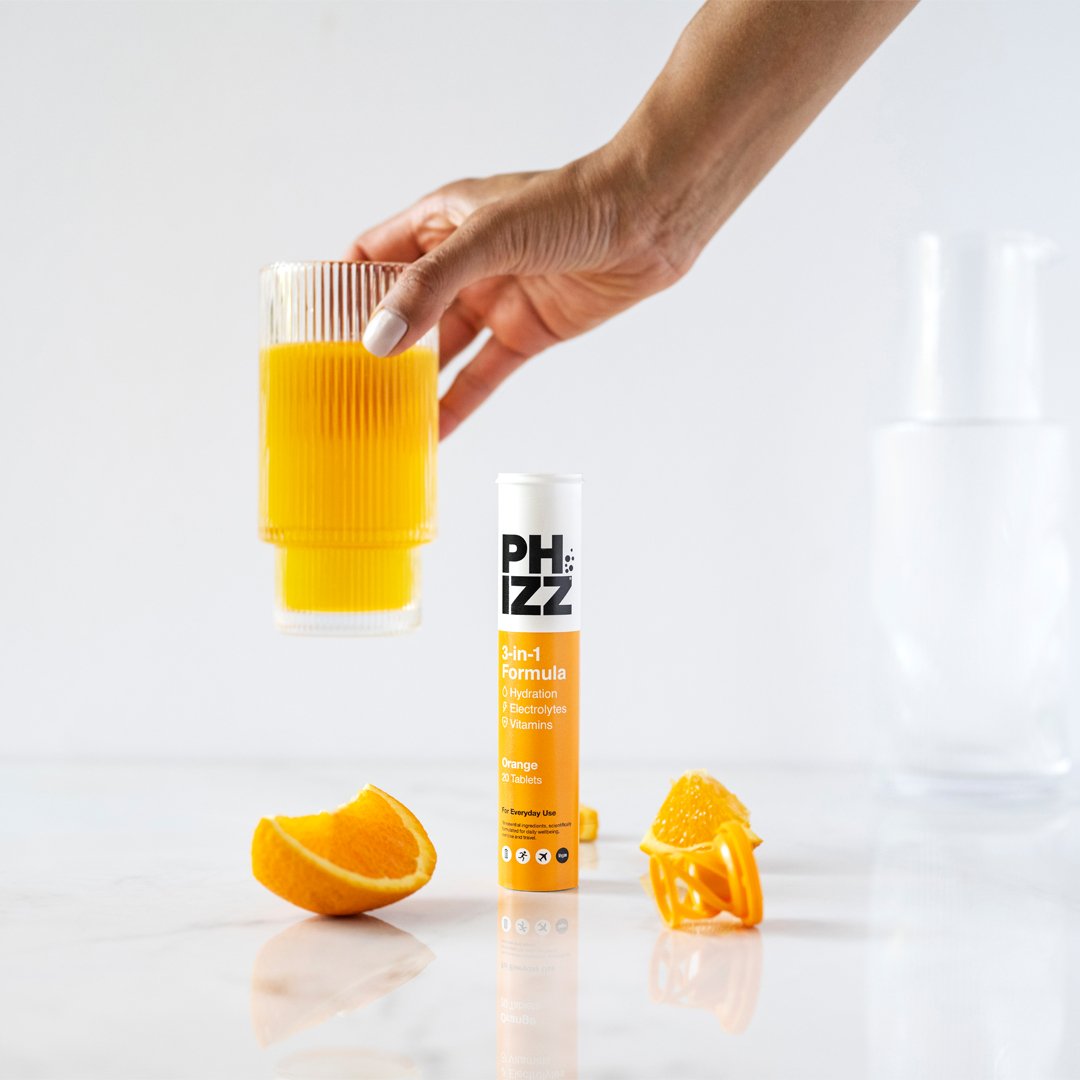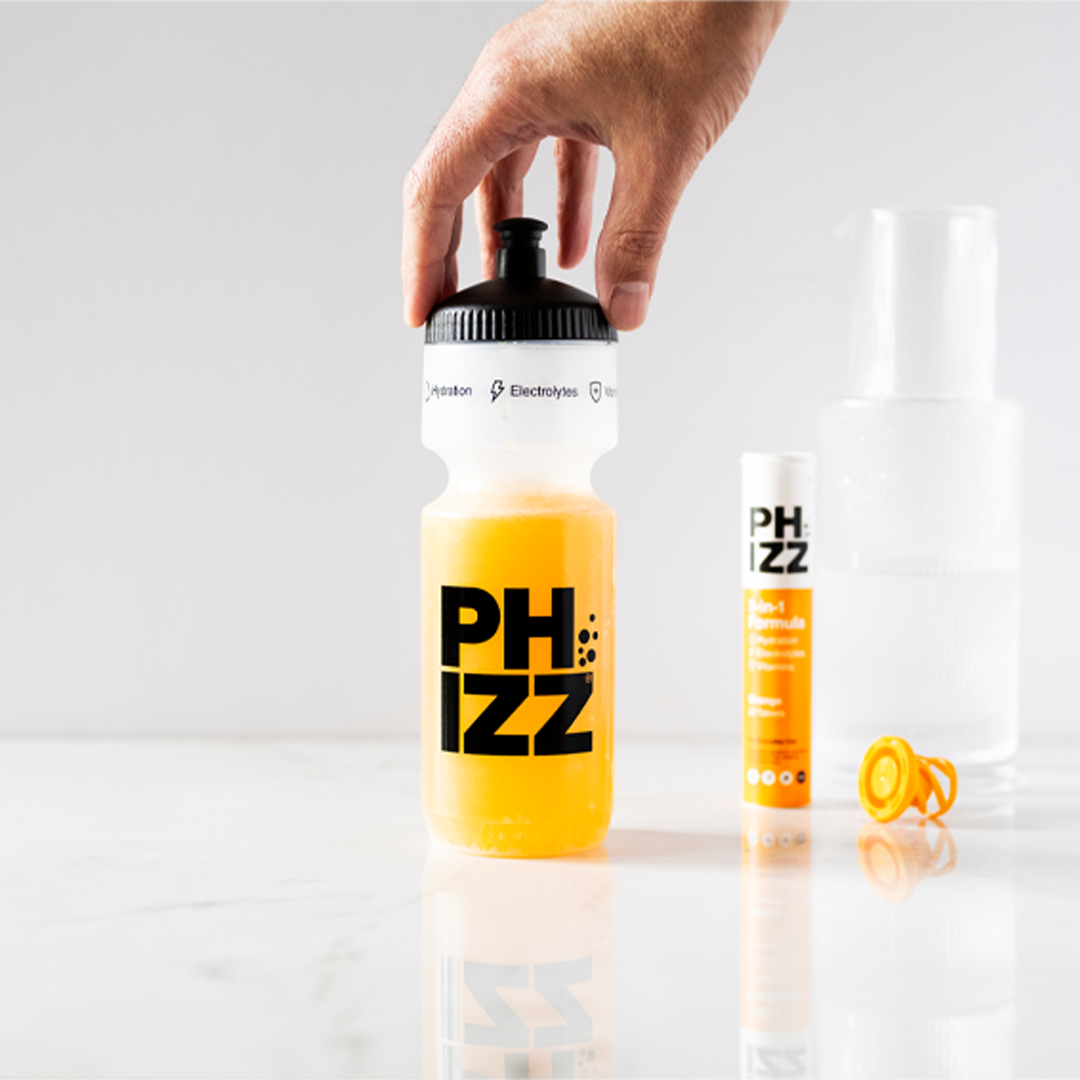Immunity is on everyone’s mind these days, but in elite sport, keeping player health at its peak is something that team nutritionists have long been focused on. Curious about what these experts recommend to their athletes? We spoke with George Morgan, who has been a practicing sport nutritionist with Saracens Rugby since the 2012/13 season where he has developed a holistic nutrition service underpinned by the scientific consensus that prioritises the players goals, preferences, and circumstances.
Morgan is a practitioner registrant on the Sports Exercise and Nutrition Register and has a career specialising in supporting team sports athletes. He also in the past held a consultancy role with Bordeaux Begels and most recently West Bromwich Albion Football club for the past 3 seasons.
How do you support players’ immune systems during the season?
In recent work by Professor Neil Walsh, the goal of any nutrition intervention related to supporting the immune system should be to make it more robust to defend against infection and then allow the athlete to tolerate an infection i.e. reduce the infections burden on an athlete. When it comes to diet, it is important that energy needs are met and that chronic low energy diets are not recommended during periods of intense training/travel or games, as there is an association between low energy intake and increased incidence of upper respiratory tract infections.
Supplements-wise, there is very little evidence of specific supplements having a “boosting” effect on the immunes system, but it is important to guard against preventable deficiencies that will impact the athlete’s ability to tolerate and deal with infections. During winter, I recommend up to 4000IU of vitamins per day, a daily probiotic, and vitamin C. If there was any supporting data, such a blood test, I may recommend a course of iron supplementation as low levels can impact the functioning of the immune system.
I support the players I work with by providing a variety of daily meals at the training bases, designed to meet their nutritional needs and energy requirements. There needs to be sufficient protein to meet tissue growth and repair, adequate carbohydrates to provide enough energy to perform the work required and a variety of colourful fruit and vegetables to meet the athlete’s micronutrient requirements. If it is not possible to meet an athlete’s need exclusively from a food provision, then we have a toolbox of supplements to add extra support to the players.
Are there any additional recommendations your make to support their immune systems when the team is travelling?
For travelling, I pay extra attention to the athlete’s hydration, ensuring that they have access to plenty of fluids throughout the travel and aid them in retaining fluid by including electrolytes in beverages.
If traveling internationally, also a course of probiotics to support the functioning of the gut, as GI distress is common when athletes travel. If crossing time zones, I have jet lag protocols in place, such as moving sleep and waking towards destination time in the days prior to travel, getting the players on destination time as soon as possible and encouraging mealtimes and naps consistent with this. I make sure they have access to melatonin-rich food stuffs, such as tart cherry juice, to promote sleep onset on the plane or on arrival if sleeping is difficult.
I also ensure they have access to chewing gum on the flight to support levels of to stimulate saliva and moisten the mouth in dry and/or air conditioned environments.
Are there certain foods that are beneficial to your immune system?
Specific immune-boosting foods are not well supported in the literature, but it is desirable to make the body as robust as possible to cope with infection and manage it by meeting energy needs by consuming a varied balanced diet. It is advisable to minimise low energy periods (a fat loss phase) when training load or competition intensity is raised.
Moderate exercise and improving your physical fitness can have beneficial impact on immune status.
Zinc acetate lozenges at the apparency of a cold may reduce the duration of an upper respiratory tract infection.
Are there things that are especially detrimental to player health?
There are 9 risk factors that athletes should be aware of and be mindful of. These are:
- The autumn and winter when prevalence of cold and flu is higher. Start vitamin D supplementation if not using already
- Demonstrating symptoms recently, even if mild
- Air travel
- Poor mental wellbeing/stress
- Low energy availability
- Poor sleep
- Increased training load
- Step-up in competition intensity
- Low levels of salivary IgA
What are small daily practices you’d recommend adopting to support your immune system?
I’d recommend:
- Daily vitamin D, probiotic and vitamin C supplementation to increase the ability of the athlete to tolerate an infection better, so it has less impact on them.
- A diet that is sufficient in energy to meet the needs of training, growth and repair and fluid requirements.
- Ensuring any symptoms of deficiencies are investigated properly and supported by accredited practitioners (Sport and Exercise Nutrition Register, Registered Dieticians)




